Shibu Soren’s JMM, Congress Work on Election Math and Chemistry to Challenge BJP in Lok Sabha Battle

views
Palamu: The main market in Patan closes a tad early during winters. Ravi Chou-mein Centre on Daltongunj Road, however, is doing brisk business despite a power cut. Across the road, a small group of ticket aspirants, including one Ranjit Singh Chintu and audience, wait for Jharkhand Mukti Morcha chief Hemant Soren, who is running behind schedule on the second day of his Palamu Yatra.
Palamu, one of the most backward and drought-prone districts of Jharkhand, has never been a JMM turf. Bordering Bihar and Uttar Pradesh, non-tribal vote here far out-numbers JMM core constituency. Soren's party has never won even an Assembly seat in this division.
"Quite unlike Maharashtra or any other state which was formed on linguistic issues, Jharkhand was and is for everyone,” says Hemant Soren, former chief minister and Shibu Soren's heir apparent.
That's a far cry from the traditional mould and perceptions around JMM —that Shibu Soren and his party represented tribal people and only tribal interests.
And there is a history to it; the history of Shibu Soren, leading the Jharkhand movement for a separate state for the tribal population of south Bihar. The 'other' in this fight was the non-tribal, the 'dikku'. The one who troubles the domicile, the exploiter.
BJP's growth in the last three decades here has been both in tribal and non-tribal areas. With a state-wide footprint, it emerged as the natural repository of non-JMM votes in Jharkhand. That is almost half of the total electorate if the other half comprises tribal communities, Dalits and minorities.
It is, thus, no surprise that the BJP has ruled the state for more than 12 years, since its formation. Others together have had short and intermittent shot at power.
So confident has been the BJP of its ability to mobilise non-Adivasi votes that it opted to nominate a non-tribal in Raghubar Das as Chief Minister in 2014. In Lok Sabha polls, the party won 12 out of 14 seats up for grabs in the state.
Five years later, the opposition has joined hands to curtail fragmentation of votes. The alliance includes Jharkhand Vikas Morcha chief Babulal Marandi. The first CM of the state is seen more acceptable to the non-tribals in the five-party coalition formed by the opposition.
"The ability to project a united face will be important for the opposition to consolidate anti-BJP votes,” says Marandi, who once defeated Shibu Soren from Dumka.
At a night chaupal with public later that night in Daltongunj, Soren is asked by a group of ad-hoc school teachers whether their demands would be met. The 50,000 para-teachers in the state have been on strike seeking regularisation of services.
"The government is for welfare of its people. If people are affected by wrong policies… if our government is formed…any employee...my government will very seriously consider their demand. We will be sympathetic to the demands,” replies Soren.
Later at Circuit House, he meets representatives of MNREGA Sangharsh Manch. Most of the attendees are from primitive tribes, complaining of non-availability of jobs under the scheme.
For the Lok Sabha and Assembly elections later this year, the BJP on the other hand is relying on its organisation and meticulous planning.
"Around 40,000 cadre, including vistaraks, would be meeting party president Amit Shah soon. And mind you, they are from only two Lok Sabha seats in the Santhal division,” says a close aide of CM Raghubar Das.
BJP is perhaps the only pan-Jharkahnd party currently, and has reaped the benefits of its broader and well-spread-out social base.
The JMM at the most has its influence confined to just a third of the state, Santhal Pargana and Kolhan region.
By forging an alliance with other non-BJP parties, including the Congress, and by attempting an image makeover, Soren is working on a two-pronged strategy —getting both the arithmetic and chemistry right.











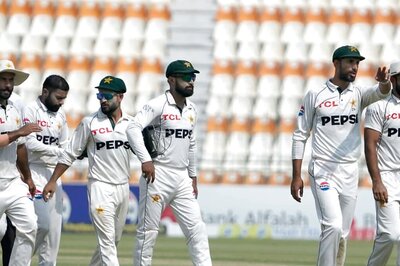
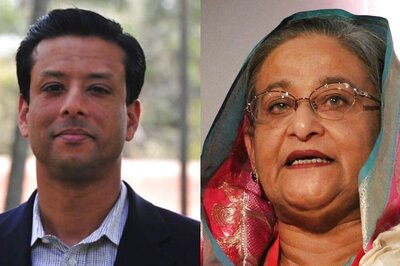

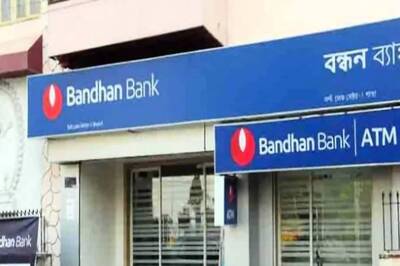

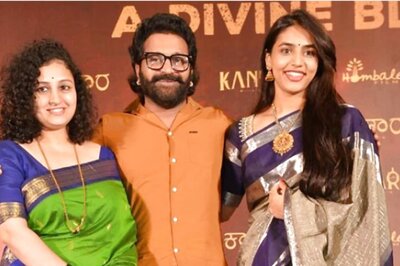
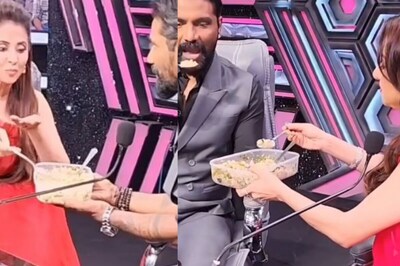


Comments
0 comment